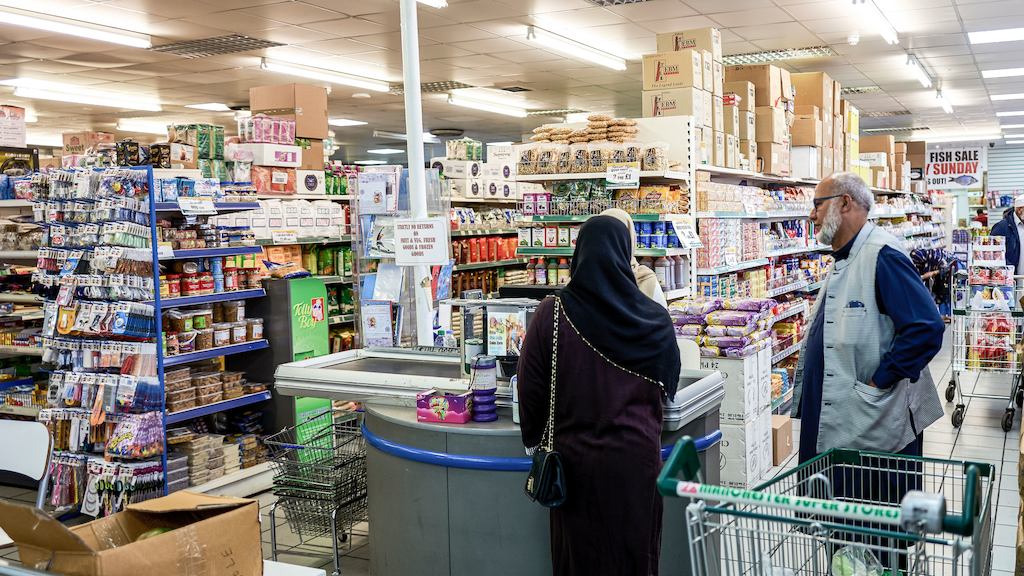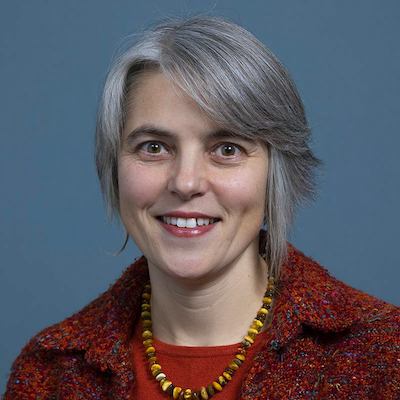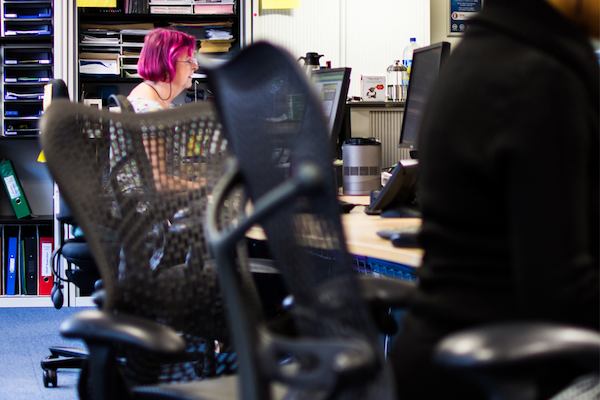Ageing Better has commissioned research being conducted by UCL and IPPR to identify who is at higher risk of poor outcomes in later life. Initial findings from this study of the health, housing, employment and financial security of BAME people aged 50-70 illustrates the extent of inequalities they face, even before the challenges of COVID-19.
The BAME population are more likely to be in the poorest fifth compared to the White population, and while the average weekly income of White and Asian people is very similar (£499 and £500 respectively), it drops drastically to £397 for Black people aged 50-69. Despite these disparities in income, Black men and women in their 50s and 60s are far more likely to still be working compared to White people (74% compared to 60%). In fact, White people are nearly three times more likely to have retired than Black people (28% compared to 11%). This suggests that more Black men and women are likely to be in low paid work and are less likely to be able to rely on sources of wealth beyond income, such as financial assets, to finance their retirement.
There are also stark inequalities in the housing tenure. Nearly half of White people in their 50s and 60s (47%) own their home outright compared to 33% of Asian people and just 13% of Black people. People approaching later life from BAME backgrounds are also more likely to live in deprived neighbourhoods, with nearly a third of Black and a quarter of Asian people living in the most deprived areas compared to just 16% of White people. These areas often have the oldest and poorest quality housing, meaning an increased risk of unsafe, insecure housing that impact people’s physical and mental health.
We are going to take the insights from our research on ethnic inequalities among people approaching later life and look at how we can begin to address these through our programmes. What actions will reduce health inequalities, housing insecurity and poor housing conditions? What could enable more BAME people to save for retirement and be financially secure? How can we enable everyone to participate in communities through volunteering?
In addressing these issues we need to recognise that people often experience multiple forms of discrimination as illustrated by Ann’s story. She says “Now I am older, in my position, you’ve got a triple whammy – age, gender, race. As well as everything else, you’re always worried about ageism at my age. When it comes to racism, I would say nothing’s really changed – what’s changed is my awareness of it.” It will only by joining forces that we will bring about change. While we are experts in ageing, we recognise the need to collaborate with organisations who are experts on race and ethnicity. We want to work with other like-minded organisations to address these issues.
We need to act now to ensure that Black, Asian and Minority Ethnic people are able to have a good later life and the injustices they have experienced do not continue to disadvantage their chances of enjoying a healthy and secure old age.


